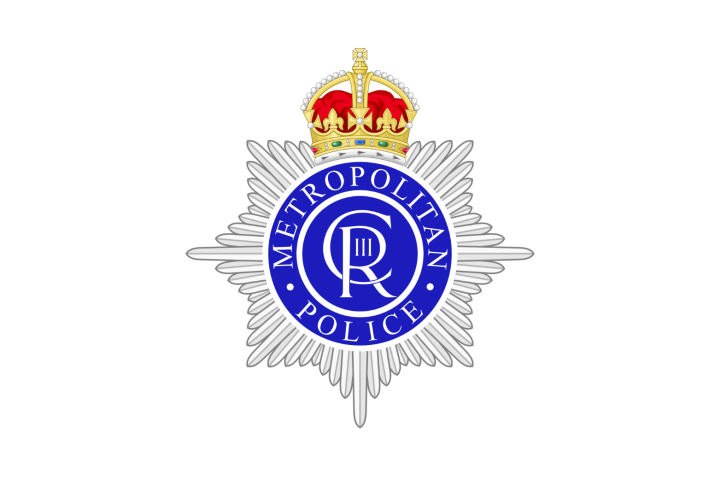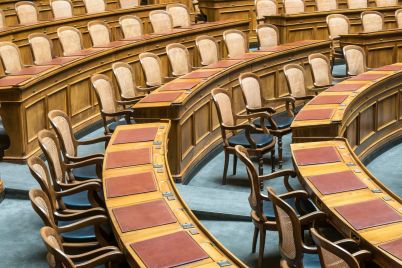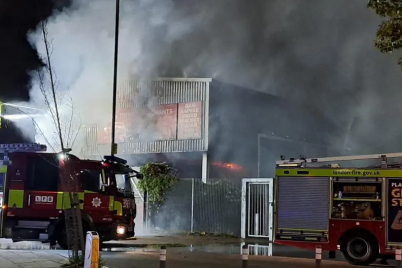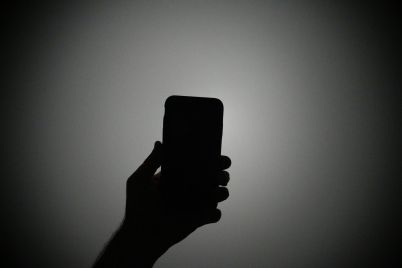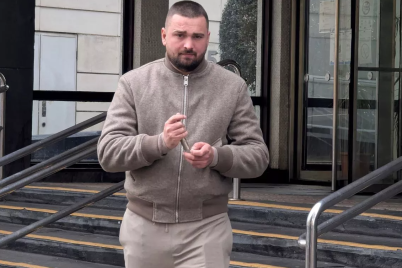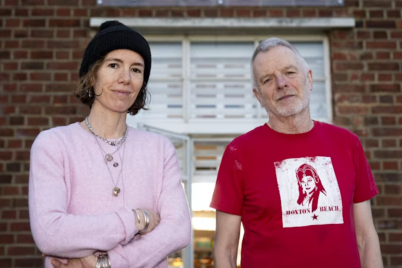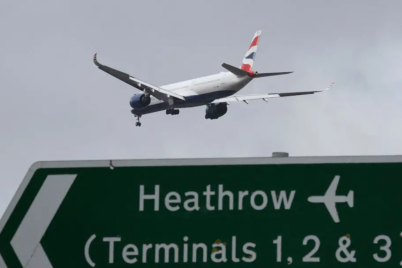Only two Metropolitan Police stations open to the public around the clock, as ten more front counters are set to close
These cost cutting moves mark a major shift in accessibility, reducing the number of police counters operating across the capital from 37 to 27. Under the new plan, most front counters will open only between 10:00 and 22:00 on weekdays and 09:00 to 19:00 at weekends.
Lewisham and Charing Cross will be the only front desk positions that remain open 24 hours a day. The latter is currently under scrutiny, with ten officers based there being investigated by the police watchdog.
The closures form part of a wider drive by the Met to save £260 million, which will also involve cutting about 1,700 officer and staff roles.
The force says the decision will save £7 million and free up 2,900 hours of police officer time each month.
Assistant Commissioner Matt Twist said the Met “is having to shrink to live within its means,” adding that the force must focus its limited resources on the public’s top priorities.
Around 5% of crime is currently reported at front counters, which equates to approximately 50,000 of the one million crimes reported annually in London. Despite this, critics argue the closures will leave some Londoners without vital face-to-face contact at moments of crisis.
The decision has reignited a long-running debate about the accessibility of policing in the capital. London Mayor Sadiq Khan had previously pledged to maintain at least one 24-hour front counter in each of London’s 32 boroughs. Responding to the new plans, he said he had “resisted closing front counters unless we really had to,” describing it as an operational policing decision that was made possible only with “record-breaking funding from City Hall.”
The changes continue a trend that has seen the steady decline of physical police access points. In 2013, London had nearly 140 front counters. Boris Johnson’s tenure as mayor, 65 were closed, followed by another 38 closures in 2017 under Sadiq Khan. The Met had previously committed to maintaining at least one counter per borough open 24 hours a day as part of its A New Met for London strategy, but that commitment will no longer stand.
The force has said that Londoners will still be able to report crimes and book appointments through other means, including video calls, online reporting, and by phone via 999 and 101.
Phones will also be installed outside closed stations for emergencies.
However, victim support groups have raised serious concerns that these measures will not effectively replace the reassurance of face-to-face contact.
A staff member, identified only as Nick due to job security concerns, told BBC London that counters are “always busy,” with officers often called in to cover shifts.
He described the front desk as an essential refuge for the public, adding: “It could be just somewhere safe to be if they think someone’s following them. If you’re removing a vital service for the people of London, and you’re saying, ‘trust us’, it’s like, ‘how can we trust you when you’re removing something we all need?’”
Criticism has also come from the London Assembly’s Police and Crime Committee.
Gareth Roberts, a Liberal Democrat member, said the London police station closures would have “real world consequences for hundreds, if not thousands, of Londoners,” particularly for vulnerable groups such as the elderly, non-English speakers, and those without internet access.
Domestic abuse charity Refuge echoed these concerns, warning that survivors who rely on walk-in access to report abuse may find themselves with no safe way to reach the police. “If someone is walking by a police station and they’ve built up the courage to go in, I don’t think we should be putting up additional barriers,” said Emma Pickering, the charity’s head of tech-facilitated abuse.
As part of the plans, stations in Barking, Chingford, Harrow, Kensington, Mitcham, Pinner, Royalty Studios, Twickenham, and Wimbledon will all lose their front counters.
The Met insists the closures are necessary to protect frontline policing, and statistically this is an artery for only a small volume of total crime reporting, but for many Londoners, the shrinking physical presence of the police raises deep questions about safety, trust, and visibility in the heart of the city.



